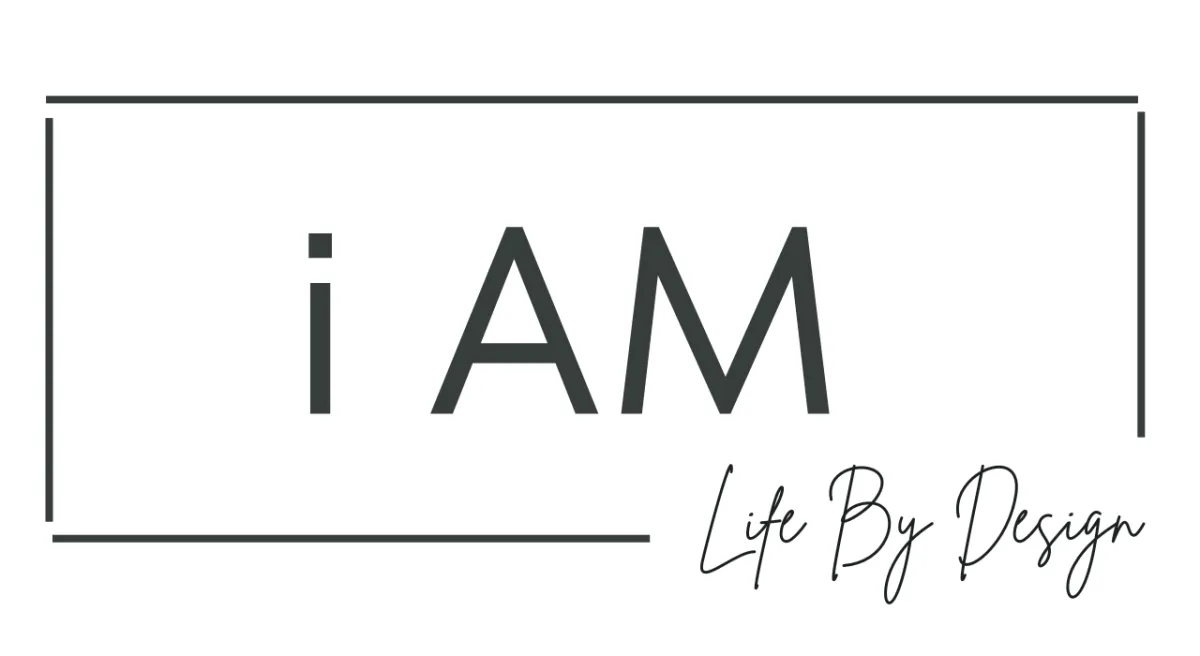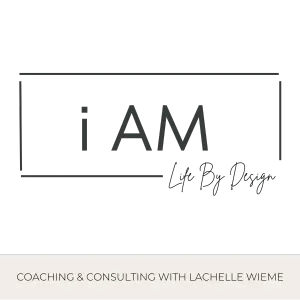

Is It Peace or Self-Sabotage? How to Tell When You're Avoiding or Aligning
Boundary or Betrayal? How to Discern Self-Sabotage from Honoring Your Peace
Have you ever been at a crossroads, wondering if stepping away from a situation is an act of self-care or a sign of running away? It's a question that many ambitious women grapple with as they strive for success and fulfillment. That nagging feeling – is this a boundary I need to set, or am I just falling into old patterns of avoidance? I've been there recently, navigating a situation that forced me to really examine my motivations. Was I honoring my hard-earned peace, or was I unconsciously sabotaging myself?
For women who are driven to create massive forward momentum in their businesses, this distinction is critical. We often face overwhelm, uncertainty, and the persistent voice of self-doubt. Are we allowing fear to dictate our actions? Are we questioning our capabilities and potential? Or are we making conscious choices that align with our values and protect our energy?
Growing up, I observed patterns of avoidance in conflict. When things got tough, the tendency was to withdraw, to leave the situation unresolved. This inadvertently taught me that pulling back was a way to cope with discomfort. Over time, this pattern manifested in my own life, leading to cycles of overthinking and self-reflection rooted in shame and guilt, ultimately causing me to withdraw further.
But the journey of growth is about recognizing these ingrained patterns and consciously choosing a different path. In a recent situation, I had to confront the question head-on: was my desire to step away from a challenging project and relationship a sign of self-sabotage, echoing those old avoidant tendencies? Or was it a necessary act of self-honor, respecting my boundaries and the direction I felt Divinely guided?
There's a powerful difference between the two, and it largely comes down to energy. Alignment feels like a calm certainty, a peaceful resolution even amidst potential difficulty. Sabotage, on the other hand, is often charged with frantic energy, a strong urge to avoid, and a chorus of fear-based stories playing in your mind. That inner critic can be a master of disguise, masking itself as intuition to keep you "safe" within your comfort zone.
Interestingly, self-sabotage often rears its head right before a breakthrough. It's as if your ego, sensing imminent change, slams on the brakes. Recognizing this pattern with curiosity and self-compassion, rather than guilt, can be a powerful first step.
So, how do you truly know if you're honoring your peace or sabotaging yourself? Here are some key questions to consider:
Is Your Decision Rooted in Love or Fear?
This is the most fundamental question. Divine guidance is always rooted in love, not fear. When you're faced with a decision, ask yourself: what would I choose if I were operating purely from a place of love for myself and others? Fear-based decisions often stem from a desire to avoid discomfort, disappointment, or judgment. Aligning with love, however, leads to choices that honor your well-being and your higher purpose.
What Does Your Body Tell You?
Your body is an incredible source of wisdom. Pay attention to the physical sensations that arise when you contemplate a decision. Does it feel expansive, allowing you to breathe deeply and feel a sense of openness? Or does it feel restrictive, causing tightness in your chest or a knot in your stomach? For me, expansion feels like my spirit is growing, while restriction feels like being confined and small. Learn to trust these somatic cues. A "yes" often feels expansive, while a "no" can manifest as a feeling of constriction.
Will You Be Proud of This Choice Tomorrow?
Decisions made in alignment tend to bring a sense of peace and rightness, even if they involve navigating challenging conversations or missing out on something. Conversely, decisions rooted in sabotage often lead to feelings of guilt, anxiety, and a need to justify your actions to yourself and others. If you can honestly say you'll feel proud of your choice tomorrow, it's a strong indicator that you're acting in alignment.
Are You Avoiding Discomfort or Honoring Your Truth?
Sometimes, honoring your truth requires stepping into discomfort. It might mean having difficult conversations or making choices that others don't understand. Self-sabotage, on the other hand, often manifests as an attempt to avoid any form of discomfort, even if it means compromising your values or ignoring your inner knowing. Remember, avoiding conflict with others can often lead to a deeper conflict within yourself.
To help you navigate these moments of decision, here are four steps to take:
Pause: Don't rush into a decision. Give yourself the space to feel into what's truly going on.
Name Your Emotion: Identify the underlying feeling. Is it fear, doubt, justification, or is it a sense of peace and relief, even amidst potential challenges?
Tune Into Your Body: Pay attention to the physical sensations. Is it expansive or restrictive?
Connect with Your Younger Self: Ask yourself what your younger self needs to feel safe. Often, our sabotaging behaviors are rooted in protective mechanisms developed in childhood. Honoring that inner child's need for safety can help you face fears and make aligned decisions.
Navigating the nuances between honoring your peace and self-sabotage is a continuous process of self-awareness and trust. By tuning into your intuition, listening to your body, and making decisions rooted in love, you can break free from old patterns and create the massive forward momentum you desire.
If you recognize patterns of self-sabotage holding you back, I invite you to book a Success Accelerator Call. Let's identify those blocks and create a personalized plan to get you spiraling up towards your goals.
Remember, when you are in alignment with your true self, success will flow. It's about tuning into who you know you are and allowing that abundance to manifest in your life and business.

